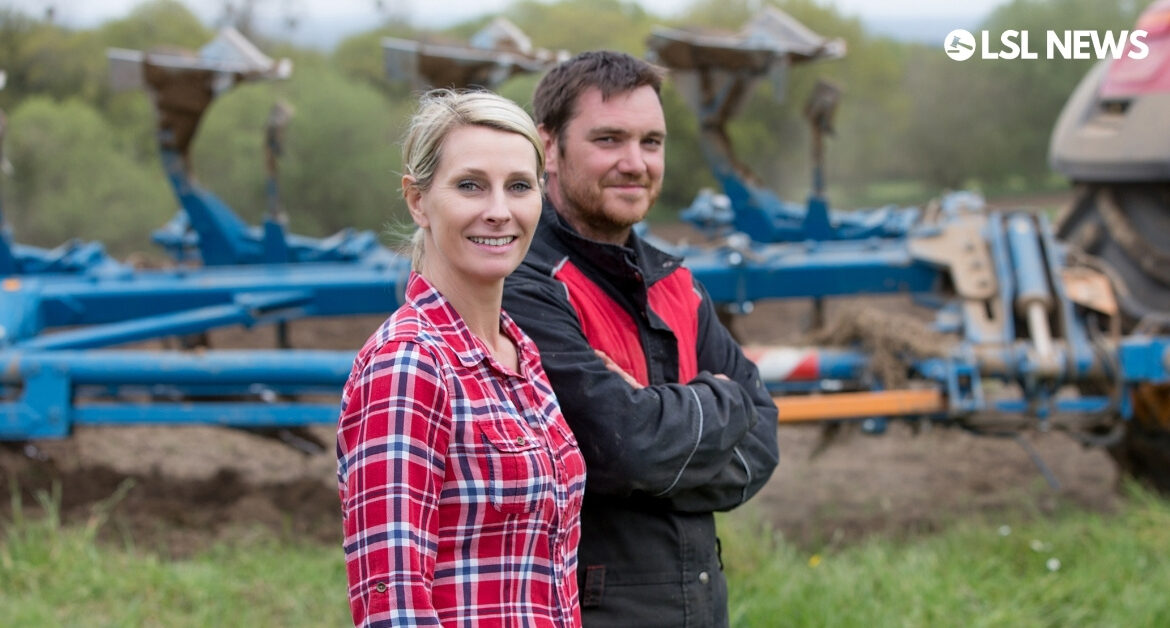Farming remains overwhelmingly male in Ireland, with just 12 per cent of Irish farmers, revealed the Irish Farmers’ Association.
Prof Sally Shortall, who is Professor of Rural Economy at Newcastle University’s Centre for Rural Economy believes the reason there are so few women in farming is because culturally it is a very male industry.
“It’s very much the tradition that fathers pass the land to their sons,” she said. “That is a tradition that goes back hundreds and hundreds of years, and it’s very deeply embedded and it’s a very big part of men’s identity in farming.
Prof Shortall believes now we are in a very different era of gender equality it is time to question whether the occupation should continue to be so male-dominated.
The largest obstacle to women becoming farmers was who inherited the land when the farmer died, Prof Shortall found.
“The biggest barrier is inheritance. Women are not considered as successors when you are looking at who might take over the farm,” she added.
Prof Shortall said the Scottish Government had commissioned the first in-depth study of women in agriculture, which may be useful for Ireland.
“I interviewed one woman who was the eldest of four daughters. She was 14, fully expecting to take on the farm. She told me that then her brother was born and she knew she would not inherit the farm. She did an agricultural science degree, went into agriculture related employment.”
Prof Shortall said she felt farming is missing women’s dynamism as a result.
“Women tended to be very well-informed about agri-environmental schemes because they were working in the area of agriculture and were able to bring all of that knowledge back to the farm,” she concluded.

